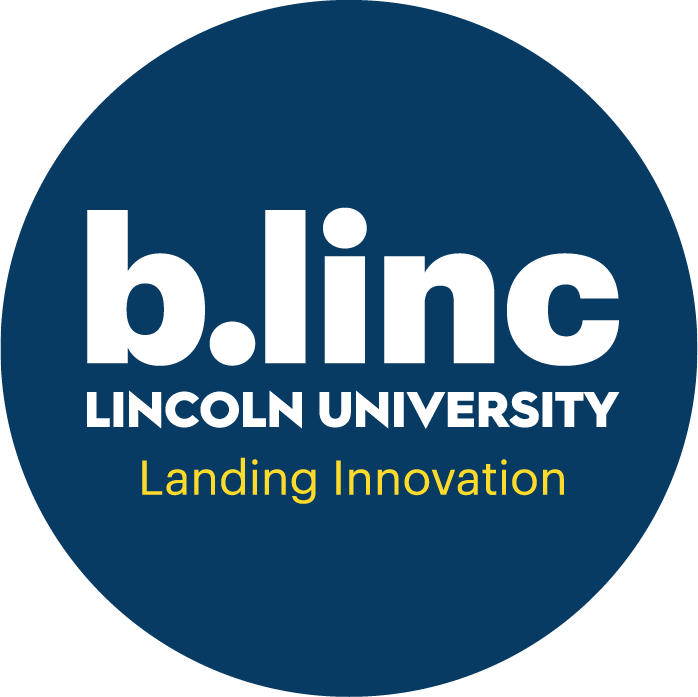Download John’s slides here.
It could be argued that there are many definitions to what genetic engineering encompasses, whether it’s something as seemingly harmless as selective breeding through to more contentious techniques such as gene substitution between species. Selective breeding has served mankind very well to enhance health and performance, but in order to meet changing future societal needs, do we need to embrace additional techniques to enhance genetic progress.
Join us as we hear from two speakers who will define what role genetic engineering has in Aotearoa New Zealand, explore the technologies available and discuss the market readiness and ethical factors in play.
Timings:
10.30am : Welcome & introduction by B.linc
10.35am : Keynote address 1 - John McEwan, AgResearch
What has selective breeding achieved? Define what innovative technologies are being used around the world/what is coming soon for NZ that can provide further opportunities for managers of plants and livestock? How can genetic engineering technology assist agriculture and how could it be further used in the future to add more value for farm products. Where do you see the future of GE going? Will NZ require a different approach to the rest of the world?
11.05am : Keynote address 2 - Ian Proudfoot, KPMG
How acceptable is genetic engineering to consumers? Are there varying levels of acceptability to consumers for GE products? Is inter-species genetic editing more poorly regarded than genetic editing within the same species? What are the requirements of food producers when it comes to transparency around genetic engineering? What are the differences in opinion from the commercial market perspective to consumer perspectives? How far away is the market from accepting GE products?
11.35am : Panel discussion/Interactive Q&A session with audience
12.00pm : Speaking finishes, B.linc closes event
Introducing our speakers
Ian Proudfoot - Global Head of Agribusiness - KPMG
Ian Proudfoot joined KPMG in the London office in 1992, moving to New Zealand and the KPMG office in Auckland in 1996. Ian was admitted to partnership in 2004 and appointed as Global Head of Agribusiness for KPMG in 2013, leading a network of KPMG Professionals that now spans over 50 countries. Ian has a BSc (Hons) Industrial Economics from the University of Warwick, UK. Ian has provided audit and advisory services to a wide range of clients. Ian’s clients in the primary sector currently include businesses in the dairy, red meat, fishing, horticulture and viticulture sectors. Ian is considered to be one of the leading strategic thinkers on Agribusiness in New Zealand. He presents around the world on the future of food productions, processing and consumption articulating a vision for a food system that delivers sufficient nutrition to the world in a sustainable manner through the utilisation of disruptive innovations that fuse biological, digital and physical technologies together into new models for food producers. He is the lead author of the award-winning KPMG Agribusiness Agenda publications which have been published annually since 2010.
John McEwan - Principal Scientist - AgResearch
John McEwan FRNZ is a principal scientist at AgResearch Animal Genomics based at Invermay Mosgiel. John has worked at AgResearch and its forerunner Ministry of AgRiculture and Fisheries since 1979. Most of the research has involved the genetic and now genomic improvement of sheep including disease resistance and meat and carcass quality as well as in more recent years reduction of ruminant methane emission. John was involved in the implementation of animal model BLUP selection technology to the New Zealand sheep industry, the initial sequencing and assembly of the cattle, sheep and deer genomes and the development of a variety of SNP chips allowing the now routine implementation of genomic selection in those industries. He was also involved in the mapping, discovery and industry implementation of various major loci affecting traits in sheep including those affecting fertility, carcass composition and meat quality, fat colour, developmental defects and horns. More recently, he has been involved in developing low cost genotyping by sequencing methodologies in a wide variety of species, in New Zealand and overseas, including its use for microbiome profiling.


